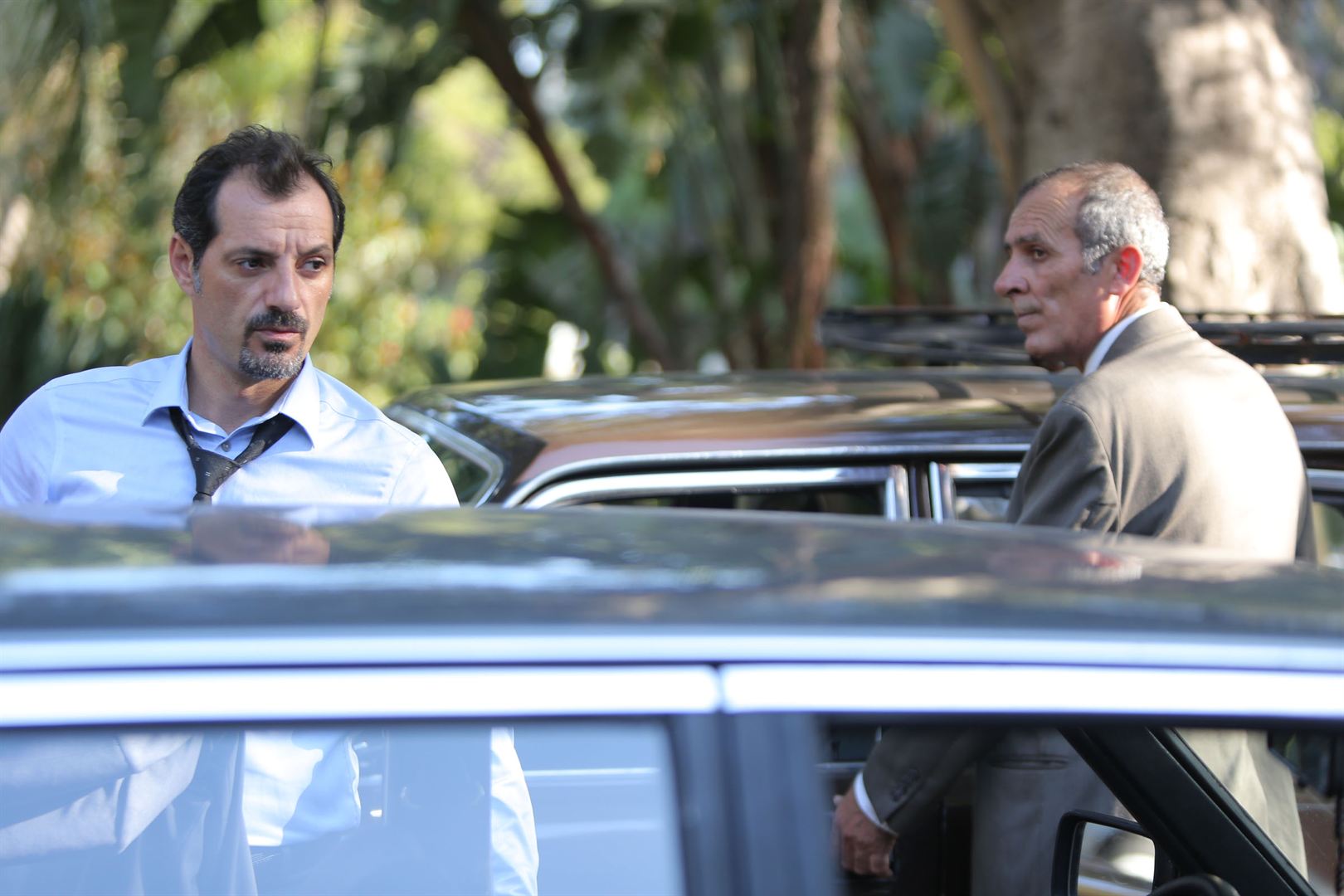The Insult
"In 1991, soon after the war, an amnesty law was passed in the name of national reconciliation. It has only allowed the warlords to evade justice and stay in charge: Since then, they have continued to sabotage the state, though now from within, capturing its resources and handing those out to their minions. The central authorities are weak and powerless as a result, having become indentured to various political and sectarian fiefs. Since amnesty has also bred amnesia, the country still isn’t immune to a return of its old demons.
The insult of Mr. Doueiri’s film is the stuff of tragedy. It illustrates deep disagreements over history and memory between two victims who are from opposite camps yet alike in their shared experience of suffering. Trapped in a great game being played well beyond them, both men, each in his own way, end up embodying what George Orwell called common decency."

"In contrast, the rivalries of today oppose members of a well-fed elite. Their confrontations are not about assaults on an individual’s dignity; they are petty quarrels over how to slice the pie. These people have ruled together, and they will likely rule together again, in what they call, improperly, “national unity governments.” At most, the upcoming election in May will only marginally affect a system that is as well-greased as it is perverse.
Indeed, 75 years after independence from France, Lebanon has yet to develop a proper sense of democratic citizenship, a direct relation between the individual and the state. From their cradles to their graves, Lebanese people live under a sort of house arrest, confined by their communal affiliation; they cannot assert their rights without having to resort to the patronage networks of sectarian leaders."
"In 'The Insult,' what the unspoken says", The New York Times, 6/03/18